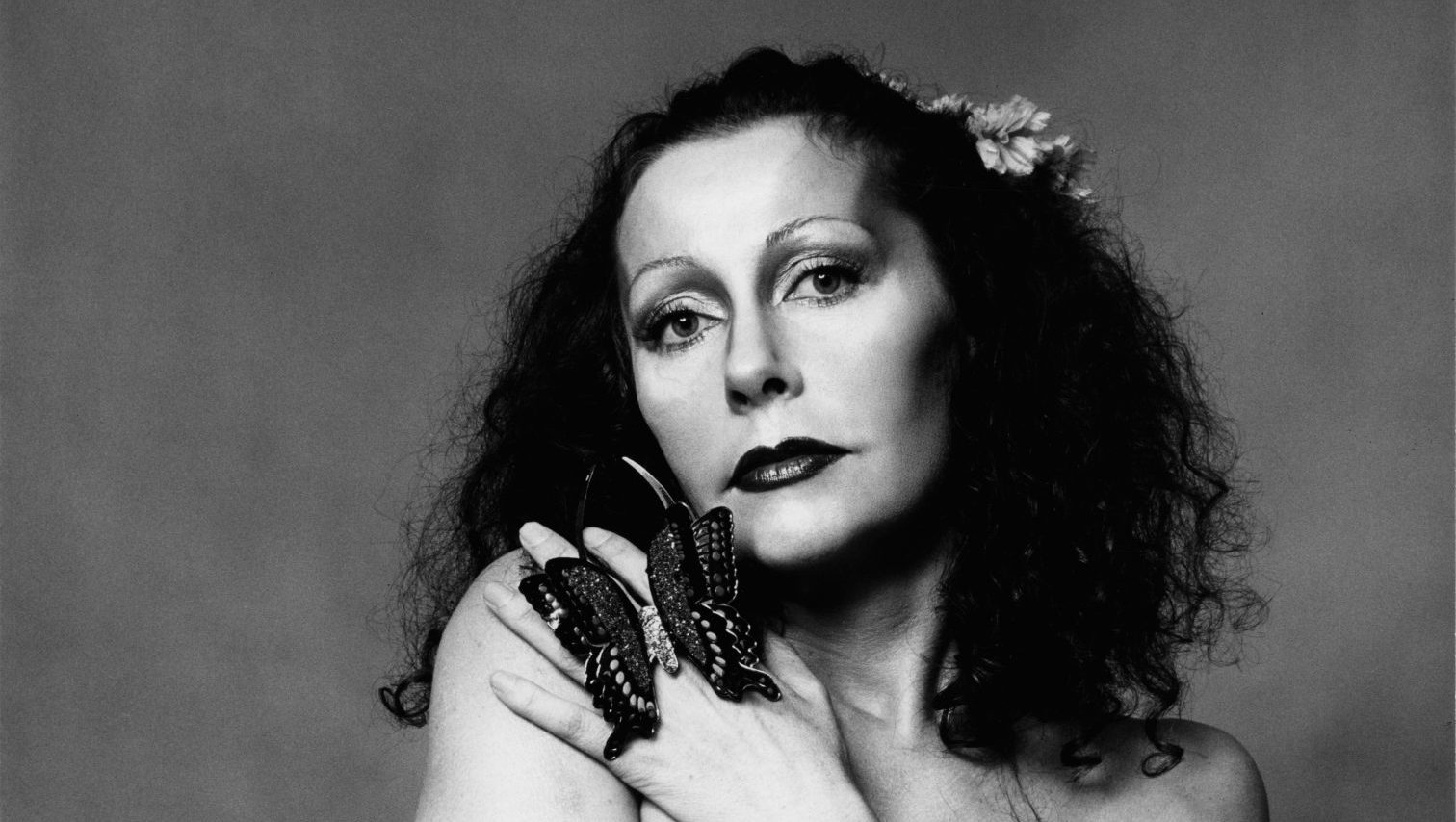What is it with Lionel Shriver? I was with the American-born, long-time-British-resident novelist and commentator atop the TV outside-broadcasting scaffolding on College Green, on the night of the pro-Brexit rally in March 2019. It was the occasion on which the then Channel 4 News presenter, Jon Snow, made the controversial – and I thought at the time, ill-advised – remark, that he’d “never seen so many white people in one place”. I can’t remember what Shriver said about Brexit on that occasion – or what I did
for that matter: it was pretty much impossible to hear yourself think, such was the bellowing coming from the roadway between the green and parliament, where a claque of Tommy Robinson’s English Defence League supporters, who’d been moved away from the purlieu of Downing Street by the police, were bellowing for blood.
Certainly, mine – I heard chants of “Wi-ill Se-elf! We know where you li-ive!” As chilling an experience as I’ve ever had, worse than being ‘dicked’ by Crips’ gun wagons in south-central LA, or patted down by the Provos on the Falls
Road during the Troubles. I can’t remember if the fascists were calling for Shriver’s head as well – but somehow, I doubt it. Over the past decade or so, Shriver has made a name for herself more as a sort of one-woman corrective to what she perceives as an excessively “woke” culture in this country.
I emphatically agree with some of Shriver’s critique – I don’t believe upstream cultural change can, in and of itself, act as a corrective for the socioeconomic inequalities experienced by ethnic minorities in this country (or indeed, any other ones). All too often these measures – diversity quotas of one sort or another – are mere fig leaves, intended to mask the reality: a positively priapic desire on the part of liberal whites to hang on to their financial advantages until they’re prised from their cold, dead-white hands. However, acknowledging the hypocrisy of such policies is not really Shriver’s point – au contraire, what she has subscribed to in one way or another for years now is a version of the “Grand Replacement” theory proposed by the ideologues of the French extreme-right.
Last year in The Spectator she was explicit about this, writing that “For westerners to passively accept and even abet incursions by foreigners so massive that the native-born are effectively surrendering their territory without a shot fired is biologically perverse.” A somewhat bizarre statement for a childless person such as her, since surely failing to have enough children to forestall this eventuality is far more “biologically perverse”. Last week, Shriver persisted with this line of argument in a column for The Times, arguing on the very day that traditionalist, white Britain turned out mob-handed for its precious, platinum monarchy that a new poll has revealed Britons’ adoption of “the fetishistic and self-destructive obsessions of woke America”.
In essence, this poll shows – as did a similar one in the US – that the average Briton massively overestimates the proportion of all the following minority groups in the overall population: ethnic and religious minorities, gay and
transgender people, and, gulp, vegetarians. Shriver uses this data to argue once more for a stiffened (!) resolve on the part of her adoptive country: we should reject these quintessentially American obsessions with skin colour, sexual orientation, and, presumably, bean curd – ones being actively fostered by the cultural quotas alluded to above, in the form of disproportionate representation of these minorities in our television programmes and advertisements.
I suppose Shriver’s reasoning – if it can be dignified with the name – takes flight from Marx’s observation that “men can see nothing around them but the fruits of their own labour”. Obviously, it’s the case that our immediate
anthropic environment conditions our perceptions – that’s why contemporary Britons believe they live in a concreted-over country, whereas the truth is that only 0.1% of Britain is built up. By extension, Shriver seems to think that it’s watching TV adverts featuring black Britons that’s making
the white majority so inerrant in their calculations.
But what Shriver can’t bear to acknowledge – or presumably even perceive – is a far more pervasive and conditioning environmental phenomenon than that of television, one that Tommy Robinson, his supporters, and a large proportion of not-so-great Britons continue to subsist in to this day; to wit: bigotry, in the form of racism, misogyny, transphobia and homophobia. It’s these prejudices that condition their view of the world – not some sort of rampant negrophilia. By the same token, Jon Snow – who happens to be married to a black person – probably did experience that Brexit crowd as exceptionally white, while the truth is that any number of large gatherings in
this country – from the last night of the Proms, to the crowds celebrating the royal nonagenarian last week, remain overwhelmingly ofay.



